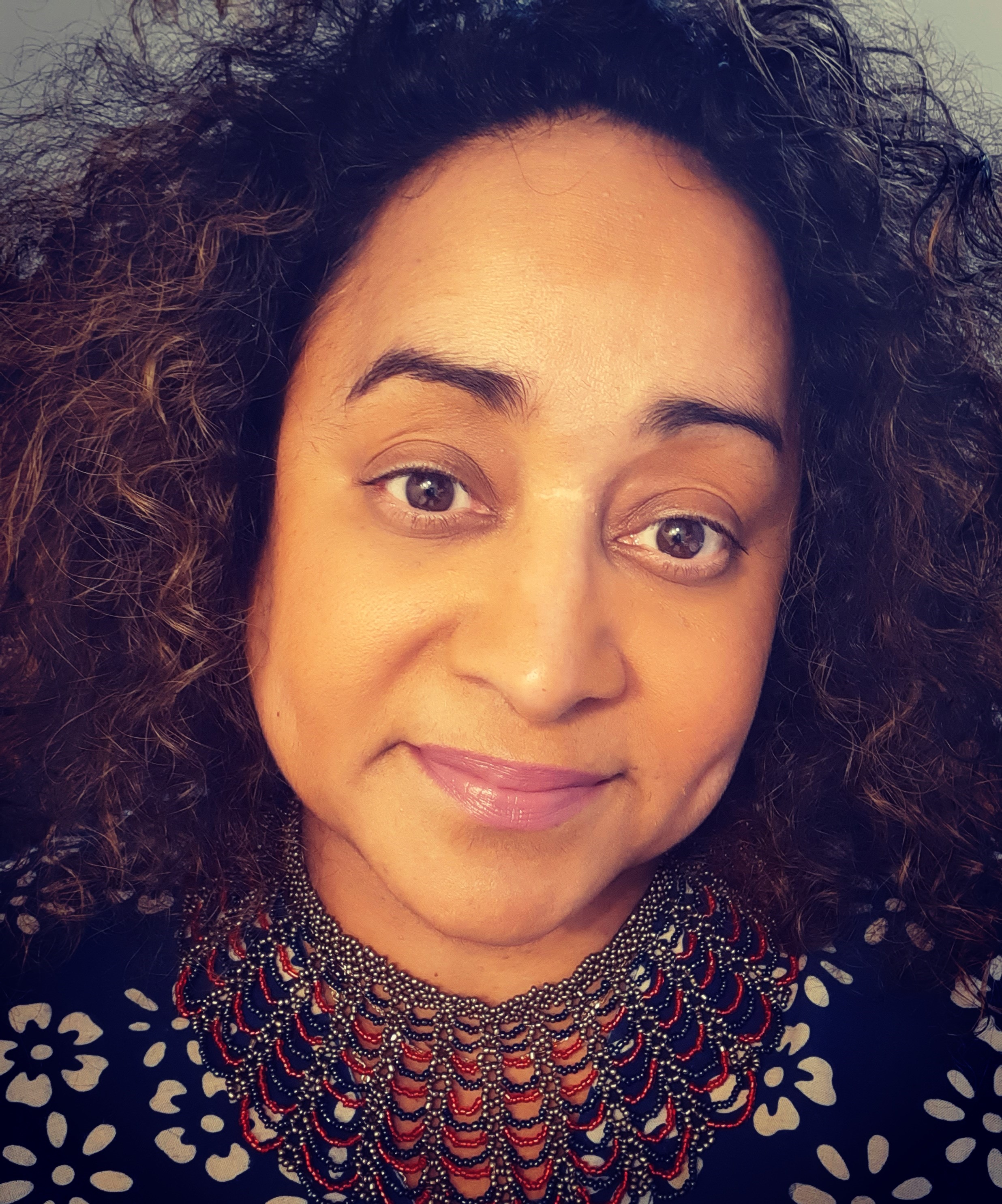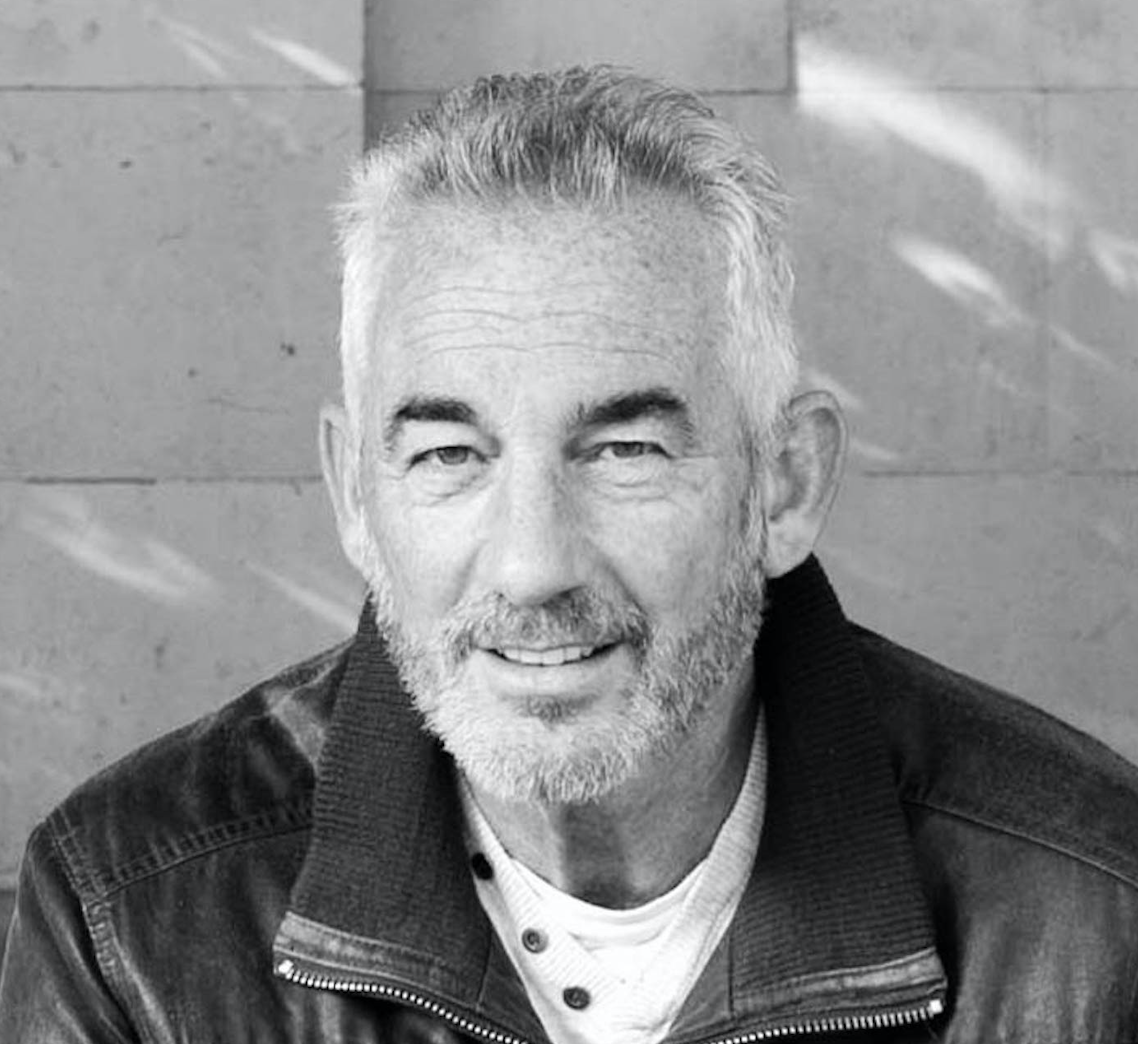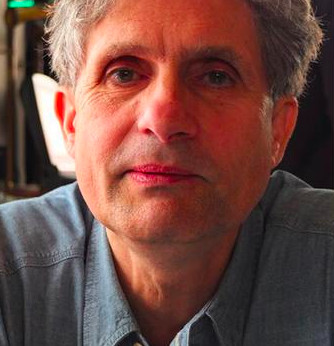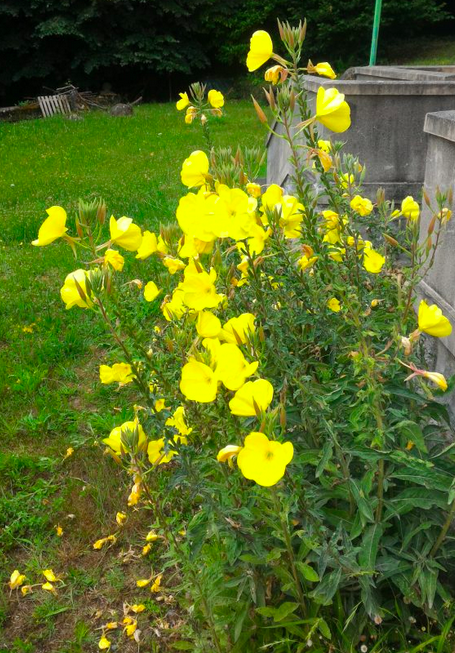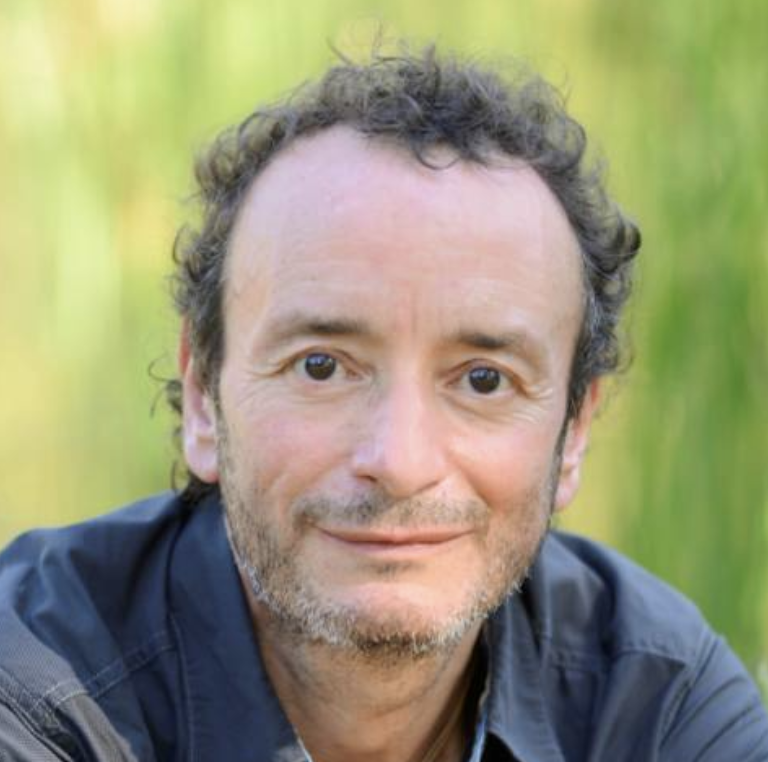Can property law be used to reclaim our common wealth and transform capitalism in the process? Peter Barnes, a socially minded entrepreneur and commoner, believes it can. He has just published a brilliant new book, Ours: The Case for Universal Property that explains how a new class of property rights and trusts can help protect common assets and generate revenues for everyone in the process. You can hear Barnes explain his ideas in my latest podcast episode (#19) of Frontiers of Commoning.Frontiers of Commoning.
The book Ours amounts to a capstone of twenty years of Peter’s thinking – and I should know: Peter and I were close colleagues twenty years ago in the start up of the Tomales Bay Institute, later renamed On the Commons. Together with journalist and policy expert Jonathan Rowe, we set out to develop a new, activist-minded discourse about the commons. From different perspectives, each of us shared a deep concern about reckless enclosures of shared wealth and sought to develop novel ways to protect the commons.
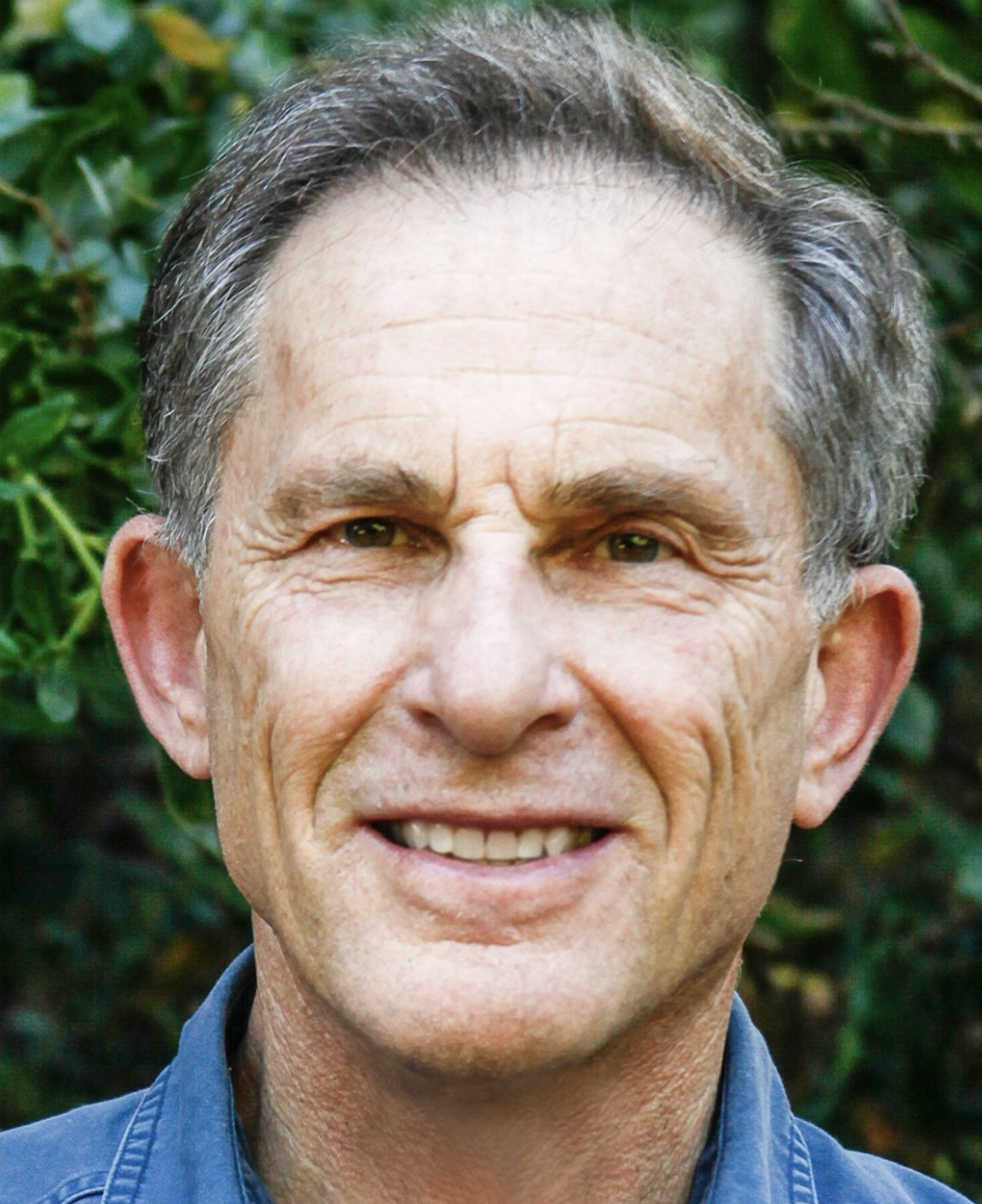
Peter’s inquiries into this topic had begun years earlier with research into protecting land. In 2001, he took a new direction with his book Who Owns the Sky?, which offered one of the most serious and coherent early proposals for dealing with climate change. He proposed the Sky Trust, a new nongovernmental institution to set limits on carbon emissions and charge polluters for the right to emit carbon into the atmosphere.
The Sky Trust would manage the funds collected, which in turn would generate dividends to be paid to every citizen equally. The premise is that we collectively own the atmosphere as a commons, and so should have some reliable means to protect it and benefit from it. Under Barnes’ elegant proposal, market forces would deter carbon emissions (by making polluters pay) while directing those revenues to all citizens. This would both help reduce inequality and incentivize lower carbon usage.
In later books -- Capitalism 3.0 (2006) and With Liberty and Dividends for All (2014) – Barnes further developed this idea of stakeholder trusts for a wide variety of common assets. Again, the model was to use charge rent to limit the use of scarce common assets, and then use that pool of money to pay dividends to everyone.
Barnes’ ideas later gained some traction in Congress as “cap-and-dividend” legislation, in part because they had the virtue of being specific, practical, and fostering greater equality. (The Sky Trust would provide a predistribution of benefits from common assets owned by everyone, rather than rely on redistribution by the welfare state, which is routinely criticized by free-market defenders.) Hillary Clinton actually nearly embraced the stakeholder trust idea during her 2016 presidential campaign, before eventually rejecting it.
Now, in Barnes’ latest book, Ours, he takes his analysis to a richer, more developed level. He argues for inventing a broad new class of property rights known as “universal property.” Its premise is that most of today’s wealth is co-inherited from nature and past human efforts, not individually earned.
Why should politically connected corporations and lucky individuals reap the lion's share of benefits from public lands, watersheds and the atmosphere? Why should all of us pay for civic infrastructures like our financial and communications systems even though most of the benefits are privately captured?
If some of this wealth were placed in a trust for all citizens and future generations, it would introduce a new set of institutions that could tame two serious structural flaws in contemporary capitalism – its destruction of nature and concentration of wealth among the few. The lever for this shift would be a new class of universal property rights for common assets such as the atmosphere and ecosystems, for example, which are not protected by property rights. As a result (along with government inaction), industries are able to over-exploit them as “free” resources, with little or no economic penalty.
Universal property aims to correct this problem by making businesses respect nature’s limits and pay for its resources, while generating new flows of non-labor income for all citizens. You can listen to my podcast interview with Peter Barnes here.

